History
Explore the UConn History website for departmental information. Course descriptions below correspond to the UConn undergraduate directory of courses.
HIST 1300: Western Traditions Before 1500
Three credits ($150). Offered Fall, Spring, or Full-year.
An analysis of the traditions and changes which have shaped Western political institutions, economic systems, social structures, and culture in ancient and medieval times.
Eligibility Guidelines: Successful completion of at least one year of a high school history/social studies course recommended.
HIST 1400: Modern Western Traditions
Three credits ($150). Offered Fall, Spring, or Full-year.
History of political institutions, economic systems, social structures, and cultures in the modern Western world.
Eligibility Guidelines: Successful completion of at least one year of a high school history/social studies course recommended.
Instructor Certification Requirements:
The minimum degree requirement for instructors wishing to teach History courses is a B.A. in History with at least four graduate courses (12 credits, half the number required for a Master’s degree) in European history.
Teachers interested in obtaining History certification are asked to submit the following materials in addition to the certification application:
- A detailed syllabus for the course being taught: this should include a ‘statement of purpose’ for the course, a list of the texts being used, and a schedule of the lectures and readings for each class meeting. Be sure to indicate the ‘title’ of the lecture (e.g., “Heresy and Dissent in the 13th Century”). Discussion topics, films, etc. should also be noted in the schedule, as well as notice of any websites that students are required to use.
- The syllabus must include a full listing of all primary source texts assigned for the course, along with an indication of how they will be used, e.g., as a basis for a careful in-class close reading, as a focus for class lecture and/or discussion, as material for written assignments, etc. The single most important feature that distinguishes an ECE History course from regular high school courses in an emphasis on reading, discussing, and interpreting primary sources.
Instructor Resources:
HIST 1300 Sample Syllabus (PDF)
HIST 1400 Sample Syllabus (PDF)
History (1300 & 1400) Handbook (PDF)
HIST 1501: United States History to 1877
Three credits ($150). Offered Fall, Spring, or Full-year.
Surveys political, economic, social, and cultural developments in American history through the Civil War and Reconstruction.
Eligibility Guidelines: Successful completion of at least one year of a high school history course recommended.
HIST 1502: United States History Since 1877
Three credits ($150). Offered Fall, Spring, or Full-year.
Surveys political, economic, social, and cultural developments in American history from 1877 to the present.
Eligibility Guidelines: Successful completion of at least one year of a high school history course recommended.
Instructor Certification Requirements:
The minimum degree requirement for instructors wishing to teach U.S. History courses is a B.A. in History with at least four graduate courses (12 credits, half the number required for a Master’s degree) in U.S. history. Applicants must have completed at least one graduate level course in historical methodology or historiography with a grade of a B or better.
Teachers interested in obtaining U.S. History certification must submit a draft syllabus for each course (1501 and/or 1502) that includes:
- A ‘statement of purpose’ for the course, a list of the texts being used, and a schedule of the lectures and readings for each class meeting. Be sure to indicate the ‘title’ of the lecture (e.g., ” Jeffersonian America”). Discussion topics, films, etc. should also be noted in the schedule, as well as notice of any websites that students are required to use.
- A full listing of all primary source texts assigned for the course, along with an indication of how they will be used, e.g., as a basis for a careful in-class close reading, as a focus for class lecture and/or discussion, as material for written assignments, etc. The single most important feature that distinguishes an ECE U.S. History course from regular high school courses in an emphasis on reading, discussing and interpreting primary sources.
Instructor Resources:
HIST 1501 Sample Syllabus (PDF)
HIST 1502 Sample Syllabus (PDF) | HIST 1502 Sample Syllabus (PDF)

